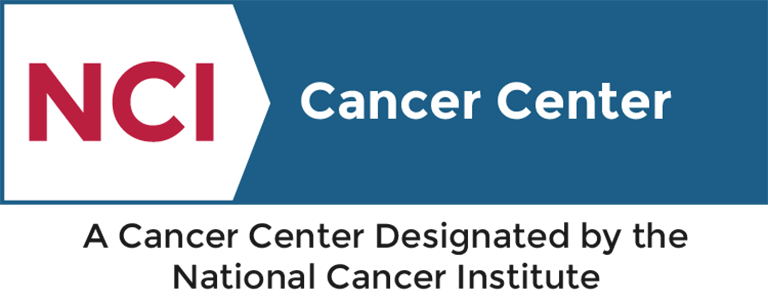Sequencing Technologies and Analysis
![]()
The Sequencing Technologies and Analysis Shared Resource provides access to an array of high throughput Next Generation Sequencing (NGS) technologies. Both long-read and short-read technologies are offered, with end-to-end service from library prep to analysis. The Shared Resource is currently developing services to offer gene expression profiling and other genomics readouts from heterogeneous tissue samples at single-cell resolution. In combination, the Resource offers cutting-edge technology alongside convenient in-house services for a broad range of genetic analysis. For more information see below or contact the Resource Director, Dick McCombie, Ph.D.
Explore all the CSHL Core Facilities
Shared Resource Staff
Resource Head
NGS Project Manager
Sara Goodwin, Ph.D.
516-422-4153
sgoodwin@cshl.edu
Bioinformatics Staff
Raditya Utama, Ph.D.
utama@cshl.edu
The Woodbury Genome Center is home to the latest in both short and long-read sequencing technology. Our high-throughput sequencing technology offers a broad range of applications including:
- De novo genome sequencing/genome re-sequencing
- Whole genome or targeted methylation sequencing
- Targeted sequencing using hybrid selection (i.e. exome and panel sequencing)
- siRNA and small RNA sequencing
- ChIP-Seq and RIP-Seq
- RNA-Seq
- Full-length isoform sequencing
Equipment
The facility houses a suite of Next Generation Sequencing equipment. The core currently operates one Illumina HiSeq2500, two Illumina NextSeq500s, one NextSeq 550 and one Illumina MiSeqs, which can be used to produce more than 4 trillion bases (Tb) in reads each month.
The Core also contains one Pacific Biosciences Sequel II sequencer which generates can operation in either HiFi or CLR mode. The HiFi mode generates reads 10-15kb with a yield of up to 30Gb of unique data per SMRTcell. The accuracy of the HiFi reads is greater than 99.9%. The CLR mode can generate reads in excess of 30kb and yields up to 90 Gb of unique data per SMRTcell. Run at capacity this instrument can generate >1Tb of unique data a month.
The Core also houses one Flonge, six Oxford Nanopore MinIONs, 1 Oxford Nanopore GridION and 1 Oxford Nanopore PromethION. Each platform can generate reads in excess of 100kb, with various yields. The PromethION, our highest throughput instrument, can generate up to 140Gb or >100M reads (length dependent) per cell. At full capacity the PromtheION is capable of generating >25Tb of data a month.
Please contact the Next Generation Genomics Core at nextgenseq@cshl.edu for consultation on applications, experimental set-up, strategies for experimental design, and library preparation requests.
The Sequencing Technologies and Analysis Shared Resource also provides a suite of bioinformatics support, from advice at the planning stages of data-intensive experiments to the development of customized software tools for analyzing data. Cancer Center members can also learn the basic techniques of bioinformatic analysis through education offered through the Resource. Services offered include:
Custom Software Development: The Shared Resource provides custom software consulting and data mining services for a variety of specialized scientific applications. Whether your experiment is still in the planning stages or data generation has been completed, our staff can provide advice, assistance, and analysis.
Custom Experimental Design and Analysis: Because of their specialized experience in analyzing NGS data, the Shared Resource staff can provide up-front guidance on experimental design and choice of platforms best suited to the goals of Cancer Center research. Interactions with researchers range from short-term data mining consultations to long-term customized database development spanning several months.
Shared BioComputing Software: The Shared Resource maintains a selected list of web resources for common bioinformatics tasks. For more computationally intensive procedures, the Shared Resource maintains a private Galaxy server that provides a user-friendly interface for sophisticated data analysis tools running on the High Performance Computing Cluster.
